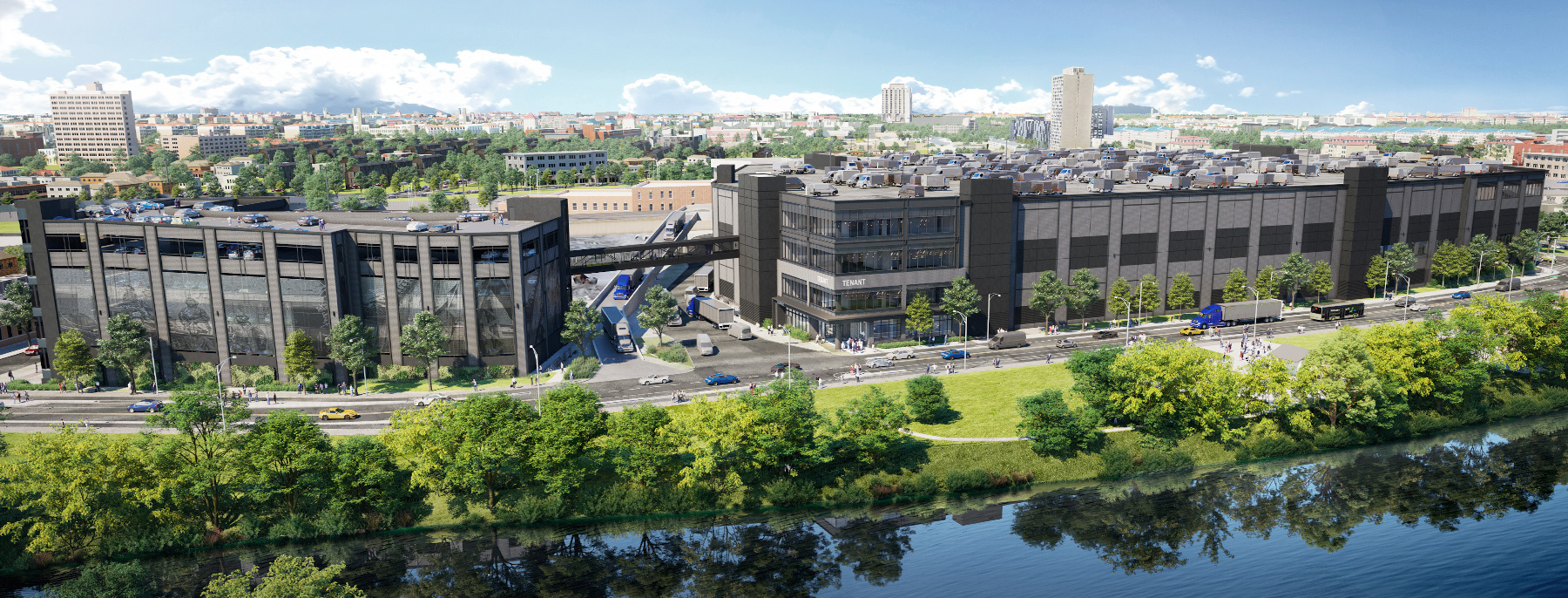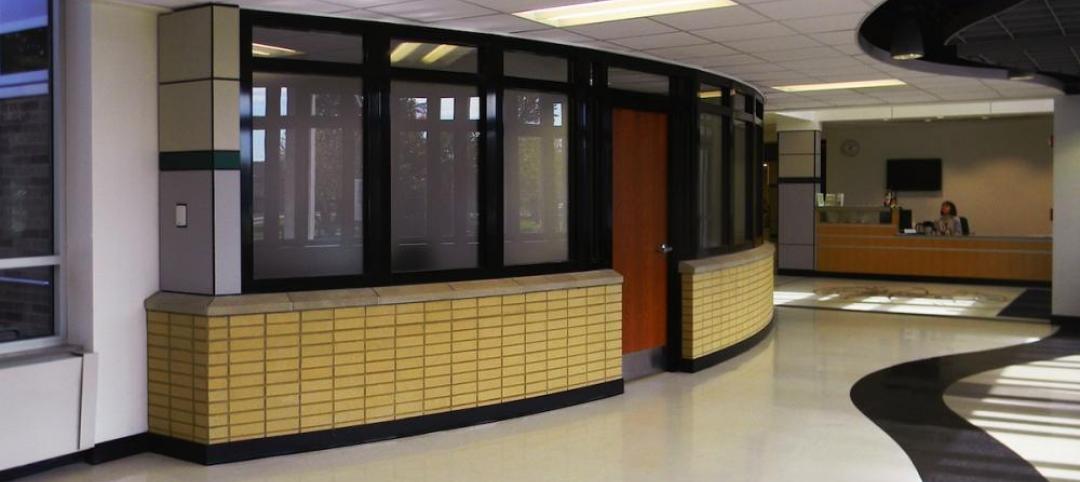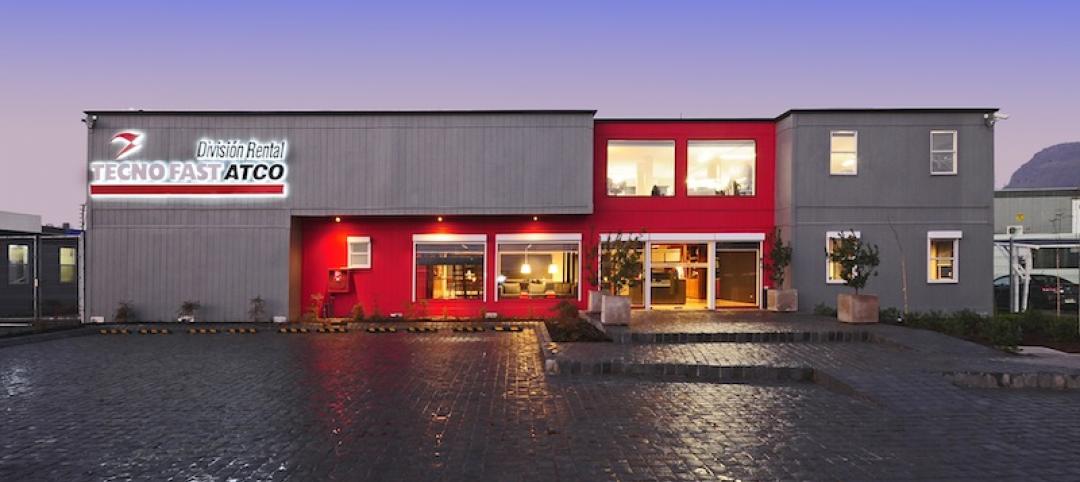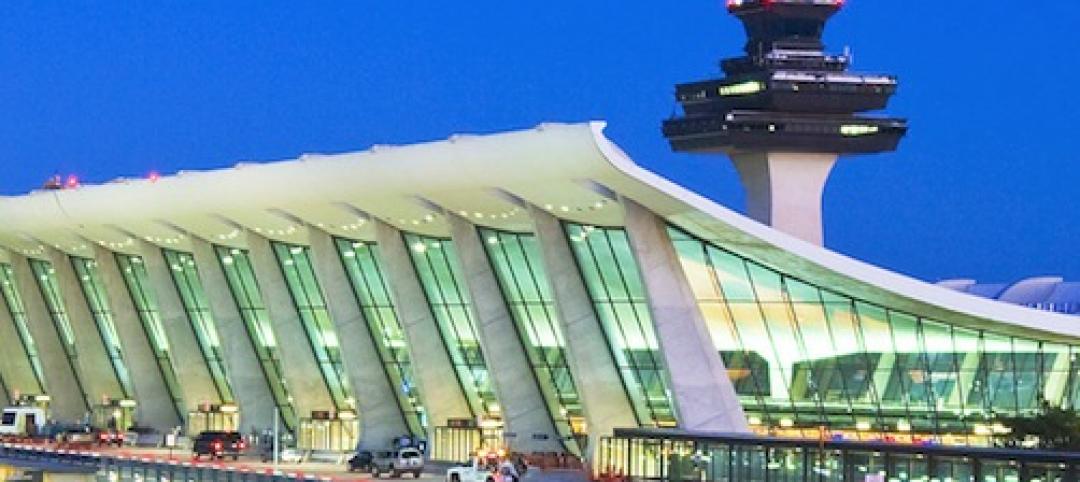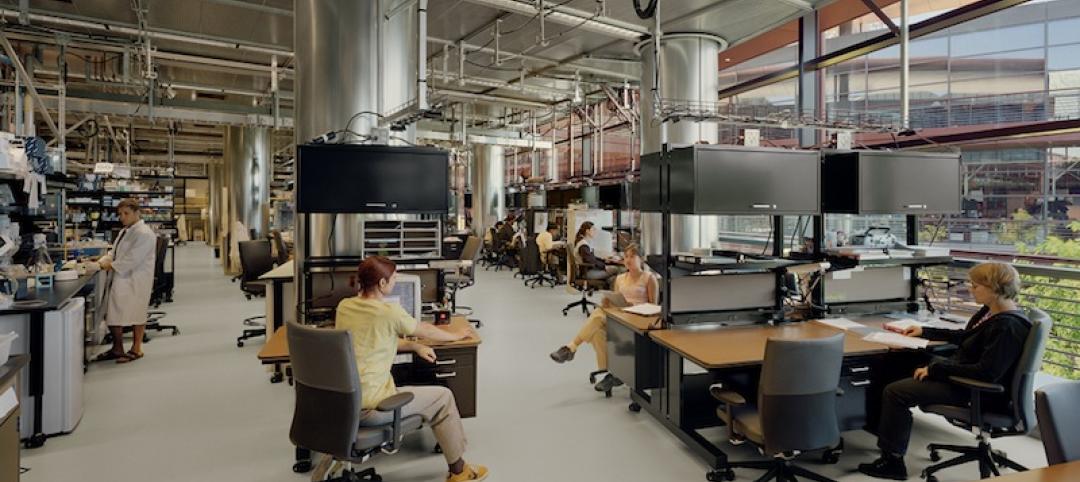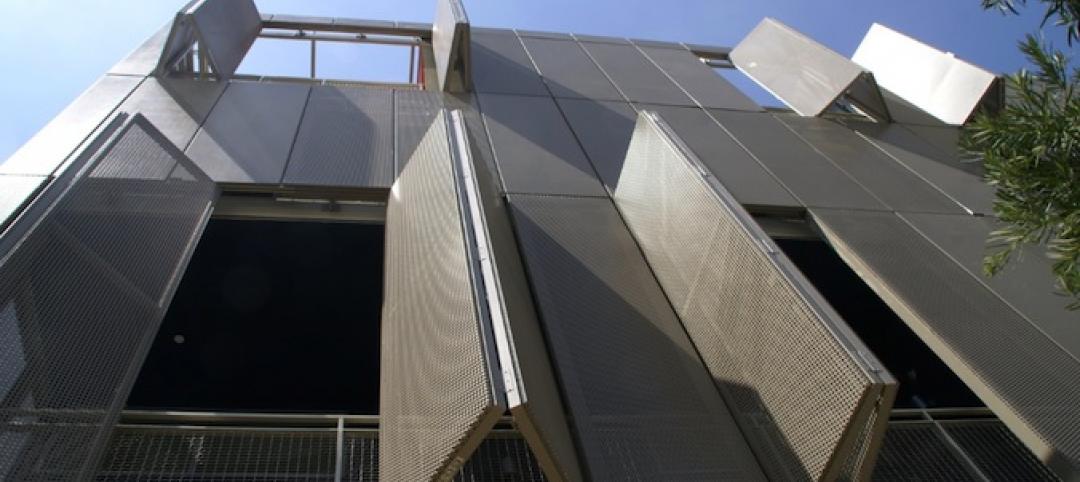For the past several years, Industrial has been one of the hottest sectors in commercial construction. Through August 31 of this year, there were 566.71 million square feet of industrial space for manufacturing and distribution under construction, according to CommercialEdge’s National Industrial Report for September 2023.
However, construction starts in this sector through August dropped to 204.3 million sf, from 614.2 million in 2022 and 586 million sf in 2021. Concerns about inflation, supply chain snags, and labor have made speculative development in this sector riskier. And as e-commerce has flattened, demand for logistics centers has “normalized,” according to CommercialEdge.

The Dallas-Fort Worth Metroplex led all metros with 51.89 million sf of industrial space under construction as of August 31, the equivalent of 5.8 percent of its total rentable stock. Phoenix had 51.31 million sf under construction, 14.1 percent of its total stock, including Airpark Logistics Center, a three-building 1.4 million-sf facility developed by Creation and designed by LGE Design|Build, which just opened in the suburb of Goodyear, Ariz. And in southern California, which has the largest logistics cluster in the nation, the Inland Empire had 31.81 million sf of industrial space under construction.
Most of the 21.2 million sf under construction in Houston were for logistics parks, estimates CommercialEdge.
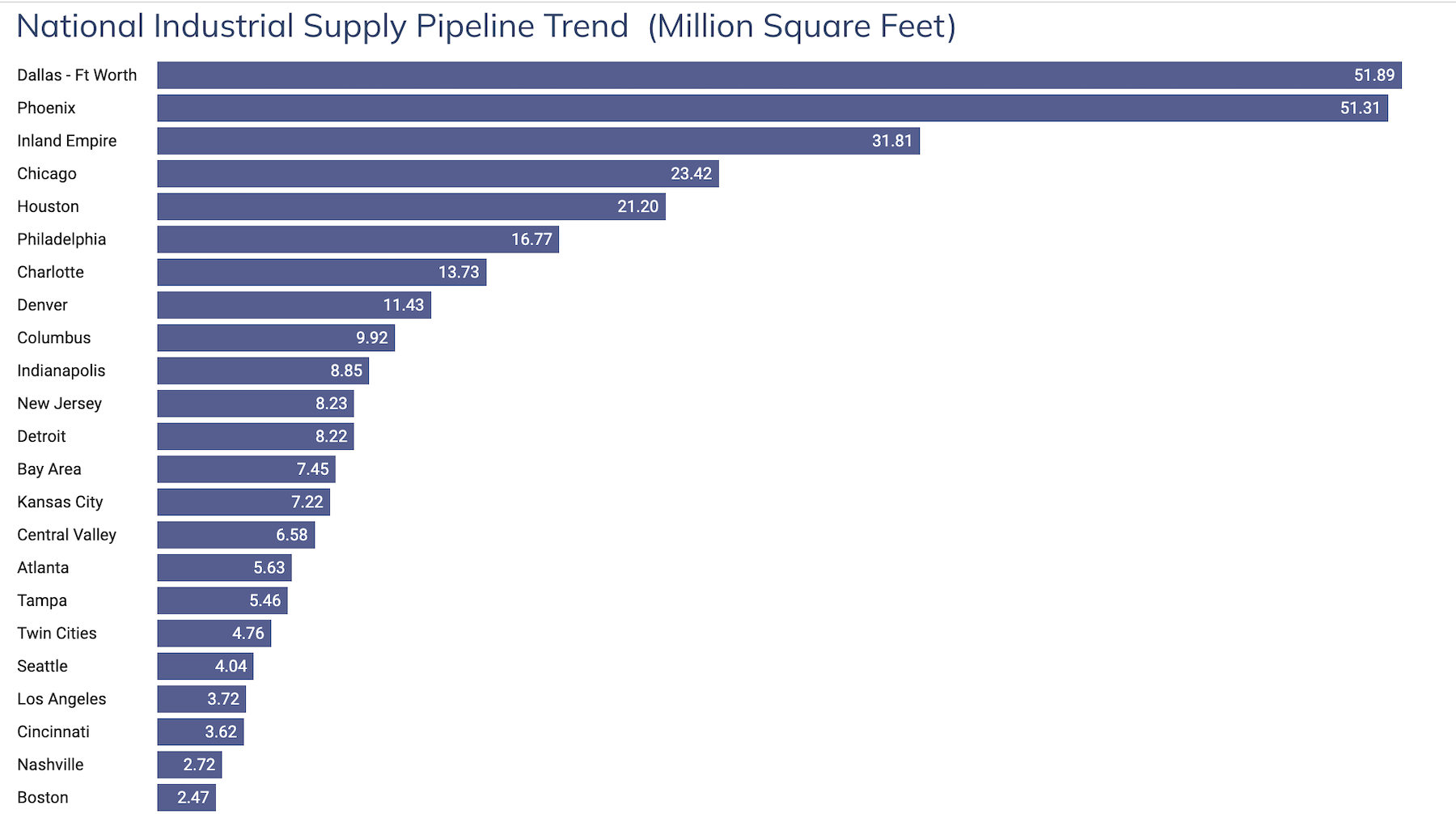
While construction activity is expected to dip slightly next year and then more steeply in 2025 and 2026, CommercialEdge is predicting rebounds in 2027 and 2028. And the current trend toward a “just in case” inventory strategy has meant that logistics centers are getting bigger to carry the extra goods.
More markets building multistory warehouses
Chicago, at 23.42 million sf, is among the top five markets for new industrial construction. One of the projects there is 1237 W. Division Street, the region’s first multistory logistics facility. The 1.2 million-sf building, which is scheduled for completion in the third quarter of 2024, is located downtown in Chicago’s Goose Island neighborhood. With a 36-ft clear height and 1,600 vehicle parking spaces, 1237 W. Division will serve more than $2 billion in ecommerce customers within a five-mile radius.
The Chicago facility is one of five case studies examined in JLL’s Fall 2023 report on Multistory Warehouses.
JLL’s report includes a history of urban logistics, which in New York City dates back to 1900. The report also notes how the U.S. has been a relative newcomer to multistory warehouse development, compared to land-constrained markets in Europe and Asia (the latter of which has some warehouses that are 22 floors).
Because vertical warehouses often provide development solutions under tight land conditions, automobile parking is a crucial component, says JLL. Typically, these facilities double as last-mile distribution and fulfillment centers. In New York, for example, projects either under construction or in the planning/proposal stage total 9.4 million sf of additional last-mile logistics space.
One of JLL’s case studies is the 385,000-sf Red Hook Logistics Center in Brooklyn, N.Y., which opens next year and, according to JLL, “combines multiple levels of ultramodern Class A functionality with immediate access to one of the country’s largest concentrations of consumers.” The building will have 19 dock-high doors, eight drive-in doors, and a 31-ft 4-inch clear height.
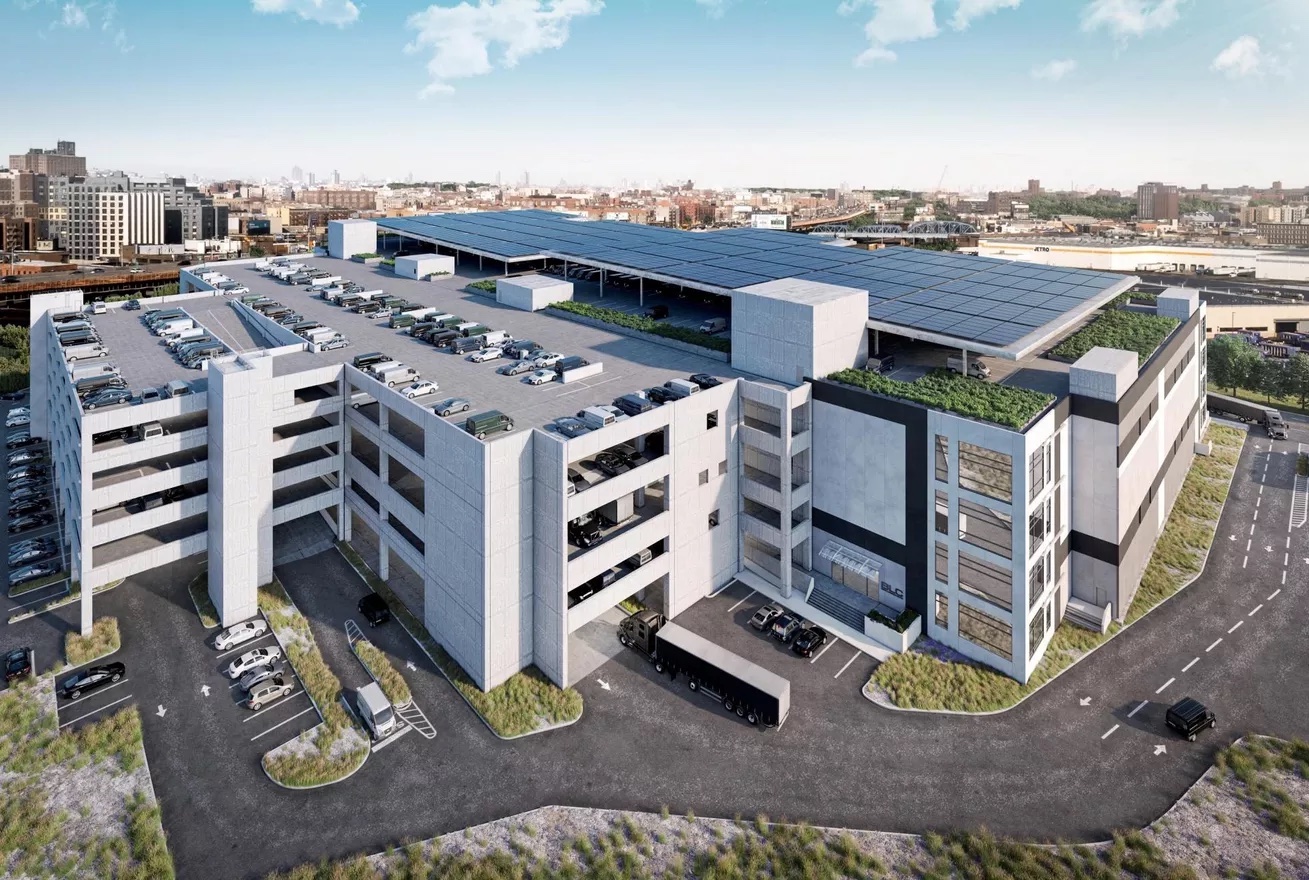
The 1.3 million-sf Bronx Logistics Center, which opened in the second quarter of this year, is the largest such facility in New York City, and the first on the East Coast built to earn LEED Platinum certification. The building has two warehouse floors, each 250,000 sf, accessed nearly 800 ft from one another through separate entrances. It has 48 loading docks, and the single-largest availability of parking in the market. Bronx Logistics is also distinguished by its rooftop greenery and solar array.
JLL states that while coastal cities, because of their population densities and costly land, have, until recently, been the primary markets for urban logistics development, they are now being joined by metros like Atlanta, Miami, Dallas, Houston, and Seattle (where, ironically, the first multistory warehouse in the U.S. was built. Called Georgetown Crossing, this three-story 590,000-sf facility opened in 2018).
Opportunities call for agile design
JLL’s report cites opportunities and challenges in the future of last-mile buildings. Developers must grapple with outdated zoning, NIMBYism, land availability and growing competition for that land from developers of assets like hotels and housing.
Developers and their AEC partners must be agile in their architectural and design considerations. Where should the loading docks be? Should the building include offices? How should the building’s roof be utilized?
Developers need to account for where warehouse employees and delivery trucks will park. And to what extent should new technologies, like electric bikes and scooters and EV chargers be incorporated into the building’s operational and delivery strategies?
JLL’s report advocates for human-centric design, and anticipates that acquisitions are likely to shape the industrial sector’s future.
Related Stories
| Apr 30, 2013
Tips for designing with fire rated glass - AIA/CES course
Kate Steel of Steel Consulting Services offers tips and advice for choosing the correct code-compliant glazing product for every fire-rated application. This BD+C University class is worth 1.0 AIA LU/HSW.
| Apr 24, 2013
Los Angeles may add cool roofs to its building code
Los Angeles Mayor Antonio Villaraigosa wants cool roofs added to the city’s building code. He is also asking the Department of Water and Power (LADWP) to create incentives that make it financially attractive for homeowners to install cool roofs.
| Apr 5, 2013
Lack of national standards on design of bioterror labs creates higher risk for accidents, panel says
U.S. labs that conduct research on bioterror germs such as anthrax are at risk for accidents because they do not have uniform design and operation standards, according to a Congressional investigative group.
| Apr 3, 2013
5 award-winning modular buildings
The Modular Building Institute recently revealed the winners of its annual Awards of Distinction contest. There were 42 winners in all across six categories. Here are five projects that caught our eye.
| Mar 29, 2013
PBS broadcast to highlight '10 Buildings That Changed America'
WTTW Chicago, in partnership with the Society of Architectural Historians, has produced "10 Builidngs That Changed America," a TV show set to air May 12 on PBS.
| Mar 27, 2013
RSMeans cost comparisons: college labs, classrooms, residence halls, student unions
Construction market analysts from RSMeans offer construction costs per square foot for four building types across 25 metro markets.
| Mar 24, 2013
World's tallest data center opens in New York
Sabey Data Center Properties last week celebrated the completion of the first phase of an adaptive reuse project that will transform the 32-story Verizon Building in Manhattan into a data center facility. When the project is completed, it will be the world's tallest data center.
Building Enclosure Systems | Mar 13, 2013
5 novel architectural applications for metal mesh screen systems
From folding façades to colorful LED displays, these fantastical projects show off the architectural possibilities of wire mesh and perforated metal panel technology.
| Feb 26, 2013
Tax incentive database for reflective roofs available
The Roof Coatings Manufacturers Association (RCMA) and the Database of State Incentives for Renewables & Efficiency (DSIRE) created a database of current information on rebates and tax credits for installing reflective roofs.


